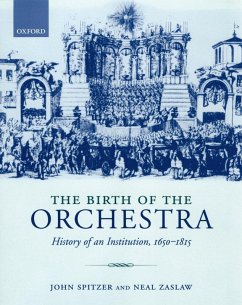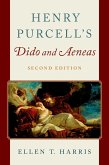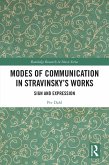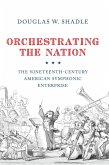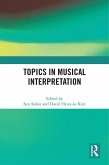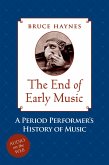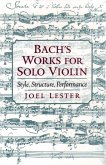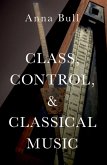This is the story of the orchestra, from 16th-century string bands to the "classical" orchestra of Haydn, Mozart, and Beethoven. Spitzer and Zaslaw document orchestral organization, instrumentation, social roles, repertories, and performance practices in Europe and the American colonies, concluding around 1800 with the widespread awareness of the orchestra as a central institution in European life.
Dieser Download kann aus rechtlichen Gründen nur mit Rechnungsadresse in A, B, BG, CY, CZ, D, DK, EW, E, FIN, F, GR, HR, H, IRL, I, LT, L, LR, M, NL, PL, P, R, S, SLO, SK ausgeliefert werden.

